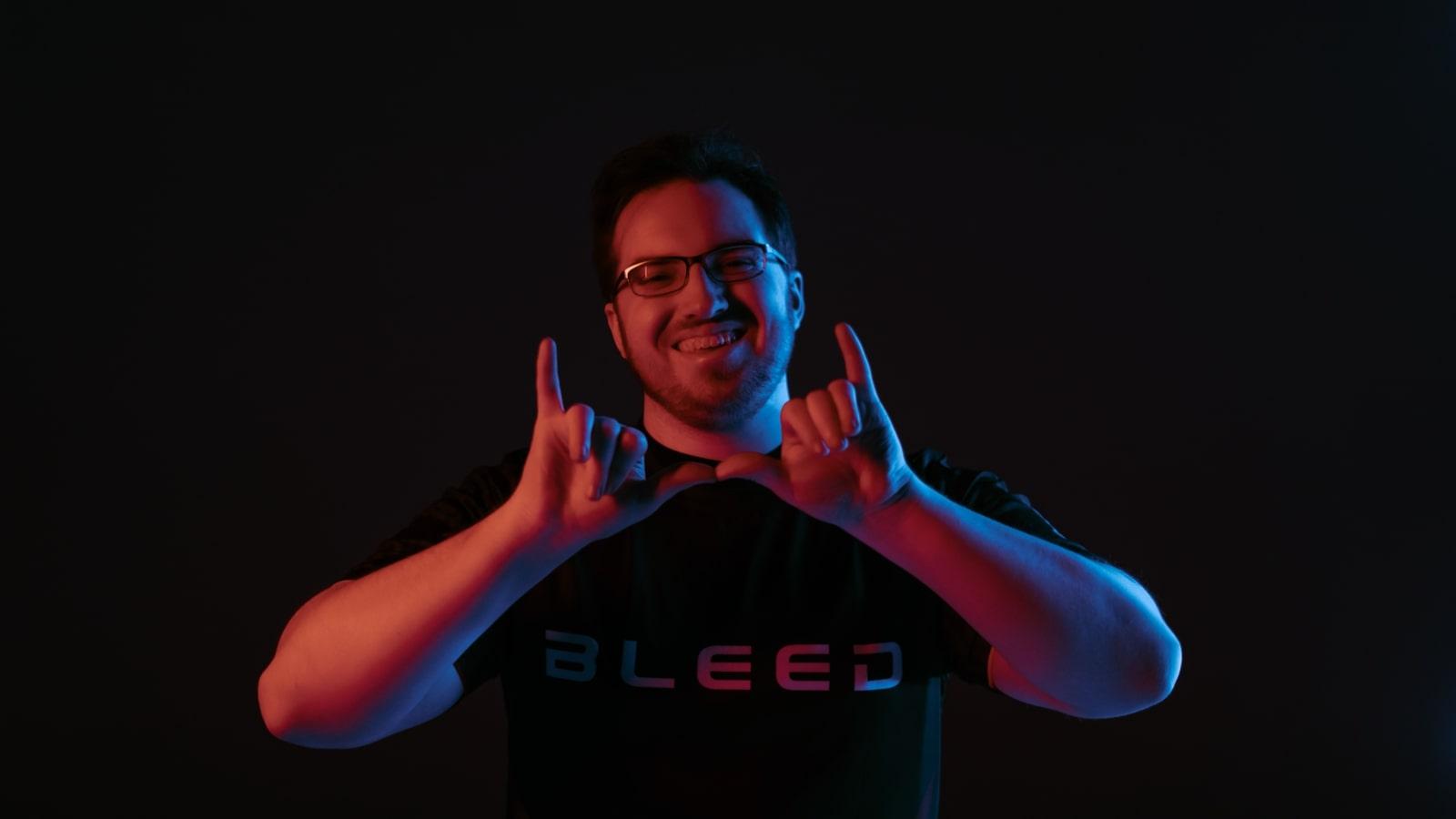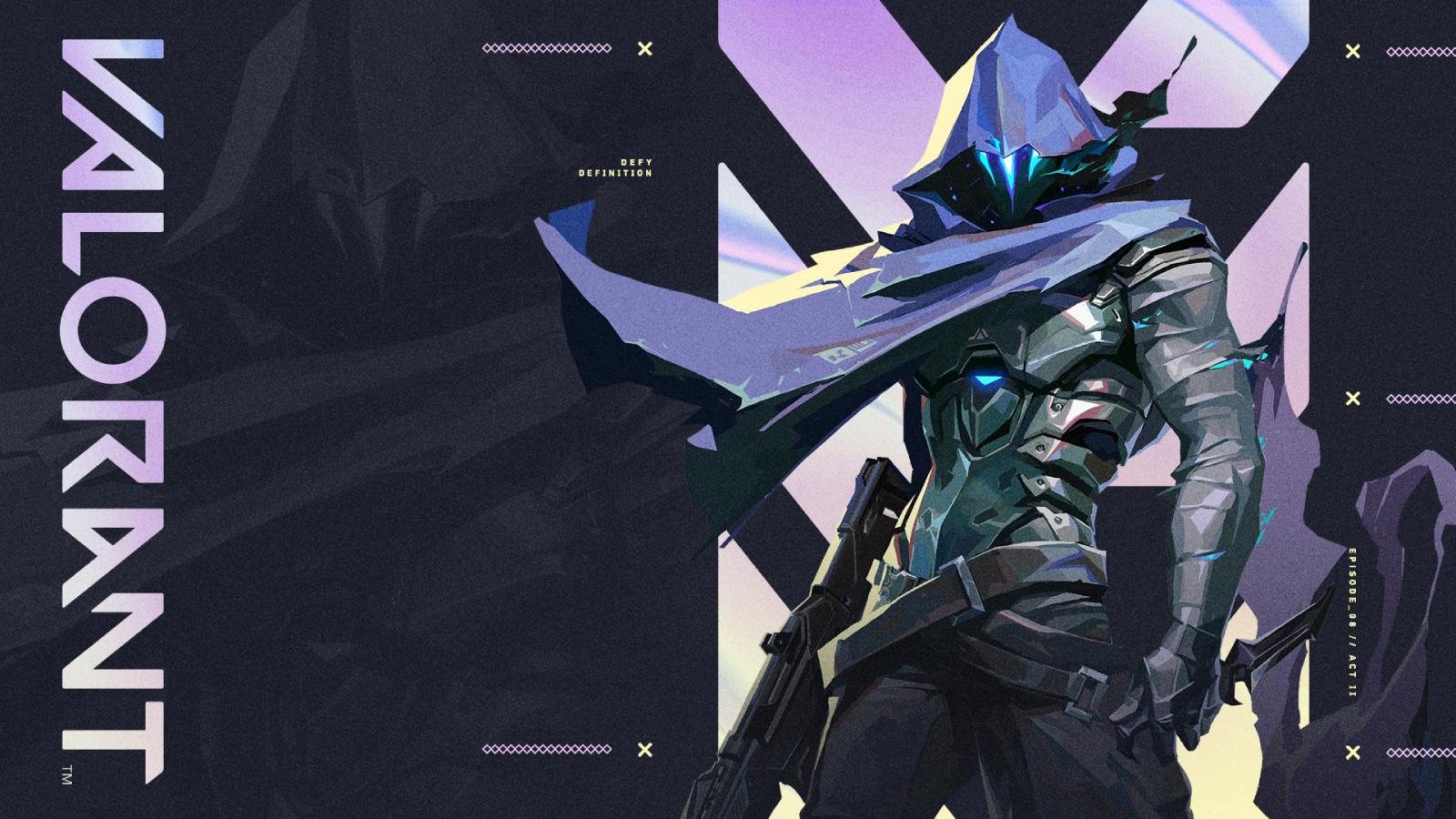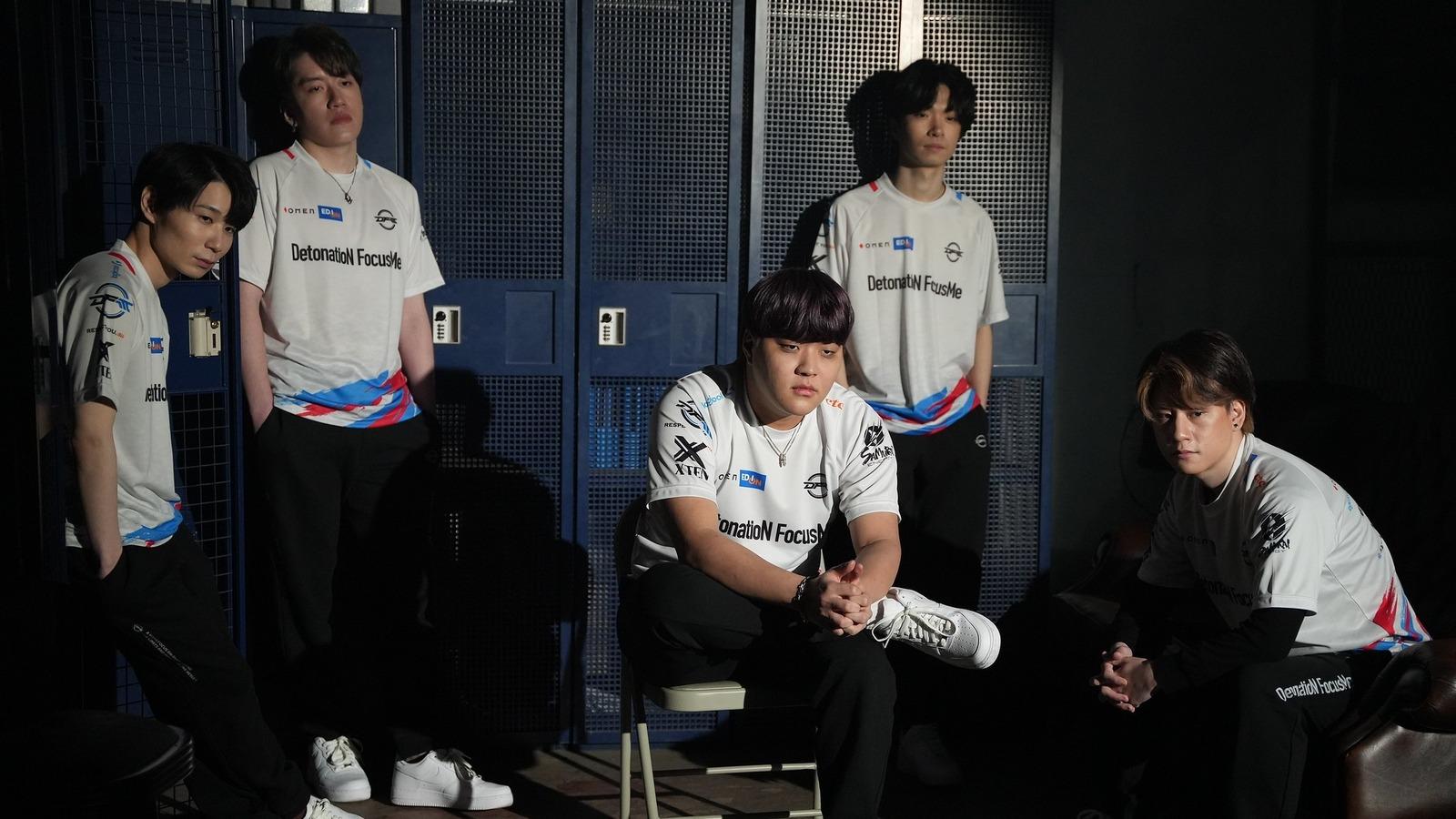Filipino Valorant casters paid 50% less for VCT than other events in the region
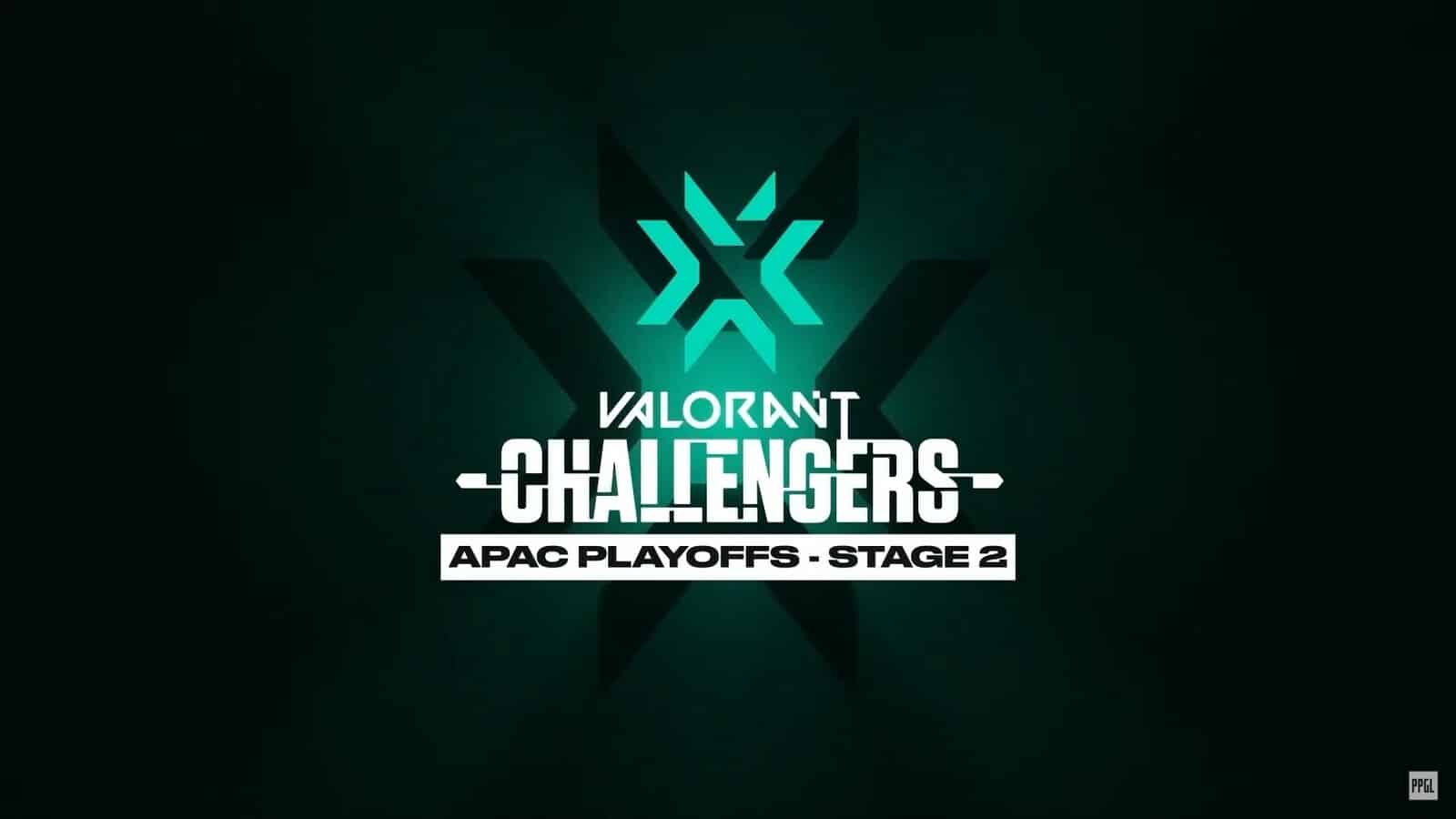 Riot Games
Riot GamesMineski Philippines paid local Filipino casters about 50% lower than other organizers in the region for Valorant events, sources close to the situation told Dexerto.
Former Philippines Valorant caster Franco ‘Ilustrado’ Bernardino revealed on Twitter on June 8 that the Philippine Pro Gaming League, which is owned by Mineski and runs Filipino regional Valorant and Wild Rift events, paid talent low rates and past their contracted dates.
Ilustrado was represented by Mineski’s agency, Mineski Academy, at one time and has quit casting after working on multiple VCT broadcasts, including the APAC Last Chance Qualifier and the Filipino broadcast for VCT Masters Berlin and Valorant Champions in 2021.
Two sources confirmed Illustrado’s statements and said that for Valorant Champions Tour Stage 1, the Filipino talent on the English-language broadcast paid 50% lower than their usual day rate working the broadcast and that Mineski consistently paid past their contracted pay date. In the first year of VCT, Mineski sometimes paid less than $100 a day according to Ilustrado.
Frustration started seeping into my work, for which I apologized. We were getting paid less than half what other TOs would pay, paid VERY late way past contract date, terrible talent coordination because they put all their best people on MPL. 2/3 oops
— Pissed Ilustrado (@ilustradocasts) June 8, 2022
“Mineski has always paid our hired casters commensurate to their local market rates and what is within our operating budget as it differs from project to project, but our minimum guarantee is equal to the market standard,” Mineski Philippines said in response to Dexerto’s request for comment.
One source also said that the tournament organizer paid below market rate for observers as well when they employed freelance talent, less than $20 a day.
“The moment we got paid from VCT, all of it went to paying back bills, paying rent, paying money we borrowed from somebody else or something like that,” Ilustrado said in an interview with Dexerto. “It put us a lot on edge.”
Conditions under Mineski have improved recently, but not to market rates
The accuracy from @surf_o0 🎯@XERXIAESPORTS take the lead against @teamsecret!
🔴 https://t.co/io2c23bRnD | #VCTAPAC pic.twitter.com/8gi9KVrydA
— VALORANT Champions Tour (@ValorantEsports) June 26, 2022
Sources close to the VCT Stage 2 APAC broadcast have said that conditions and rates have since improved, with Filipino casters now working about one series a day.
For the group stage, which ran four series a day, casters normally only got one game a day so this significantly lightened their workload compared to last stage, where a caster could be casting three series out of the four played for a rate lower than their new current rate.
Mineski have also paid talent later than their contracted pay date, according to Ilustrado and two other sources. Multiple sources also said that this is not strictly a Mineski problem, and that multiple tournament organizers in the region routinely pay months late on their contracted pay days.
Mineski responded to those allegations saying that they only paid their casting talent late once.
“The late payment was due to a delay in funding that meant we had to renegotiate with our vendors on the payment dates. We have not had delayed payments for VCT through the course of the year after that incident,” Mineski said.
However, two sources said that Mineski almost never met deadlines up until recently. Ilustrado stated that in his multiple years working for the company it routinely paid him late.
Ilustrado said he picked up other hosting jobs outside of esports to help pay the bills while Mineski dragged their feet on paying him and other casters took other jobs with local esports teams or sold off possessions to make ends meet. Ilustrado has also quit casting and said he will be moving to Europe to study.
“I was thinking of quitting even before getting taken out [of the Stage 2 APAC broadcast lineup],” Ilustrado said. “The rates were low, we were basically made to work full-time jobs and we had no job security. But them taking me out was just the final push.”
Mineski is currently the rights holder for VCT events in the Philippines and will run the APAC international qualifier tournament throughout 2022 after Riot Games cycled through multiple tournament organizers during 2021 including ESL Asia, ONE Up, ESL Thailand and Eliphant.
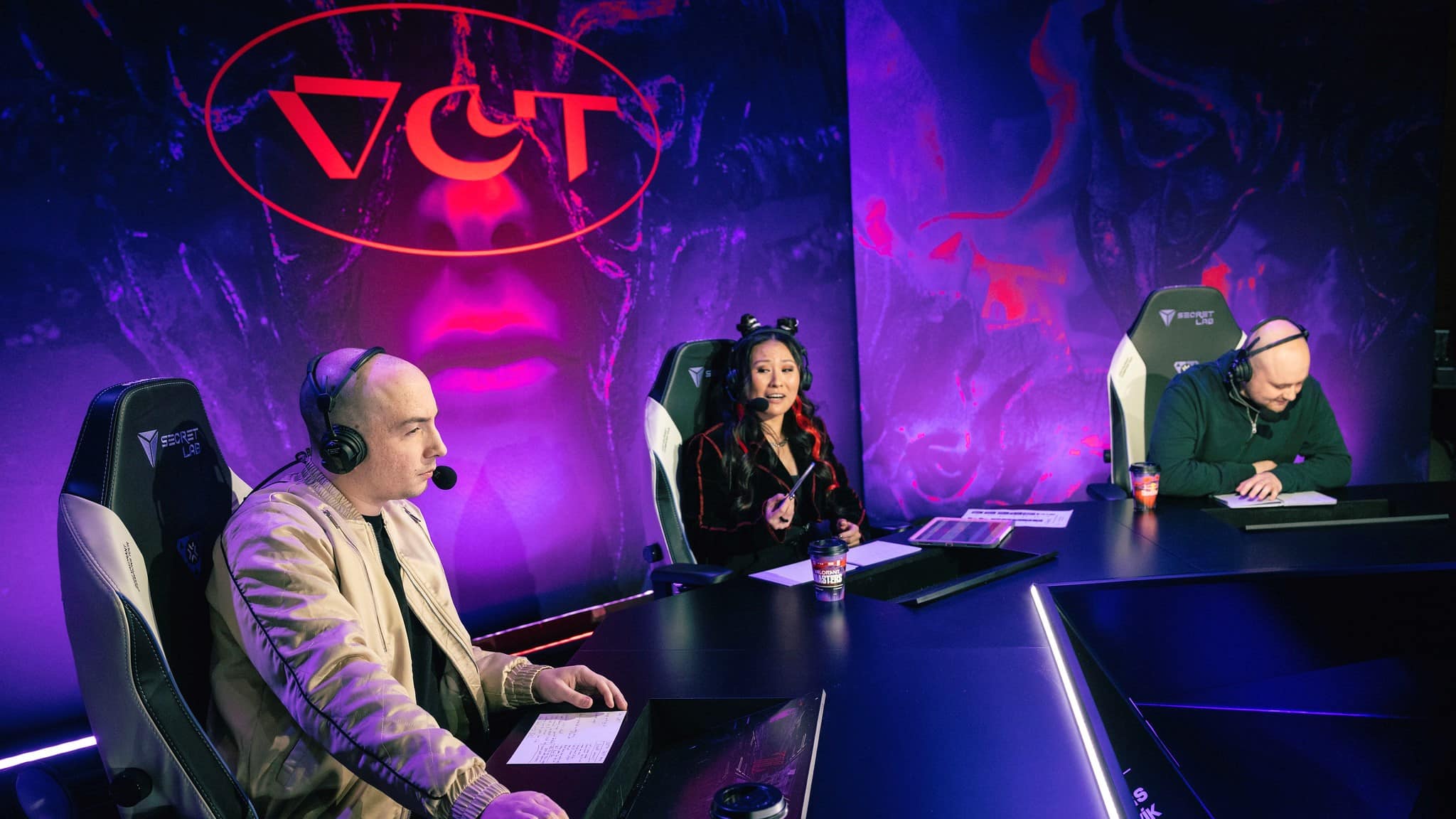 Colin Young-Wolff/Riot Games
Colin Young-Wolff/Riot GamesFor those events in which Mineski were not involved in 2021, like VCT Stage 1 SEA Masters and Stage 2 Challengers Finals, Filipino talent were paid their normal rates, according to two sources. Mineski won the rights for the 2022 Valorant APAC events, which qualify teams for Masters events, because of cost-cutting measures that included adding casters to their costs of running tournaments, according to Ilustrado.
“They incur all the costs, including the talents, which is why they were paying us much, much lower,” the Filipino caster said.
When asked if this is accurate, Mineski said that their proposal to Riot and other publishers included primarily league operation and production costs.
“Casters and talents are an accessory to the overall pitch, yet are subject to change over the course of operations and we adhere to the local market rates,” the statement said.
- Read More: ESIC lifts suspension of 9z CSGO coach zakk
Since APAC is broadcast in different languages across South East Asia, other tournament organizers also handle the broadcast in their language. For example, ESL Thailand has its own casters and analyst desk, who are paid separately from Mineski.
VCT Stage 2 APAC concluded on July 26 and the only APAC event left scheduled is the APAC Last Change Qualifier.
